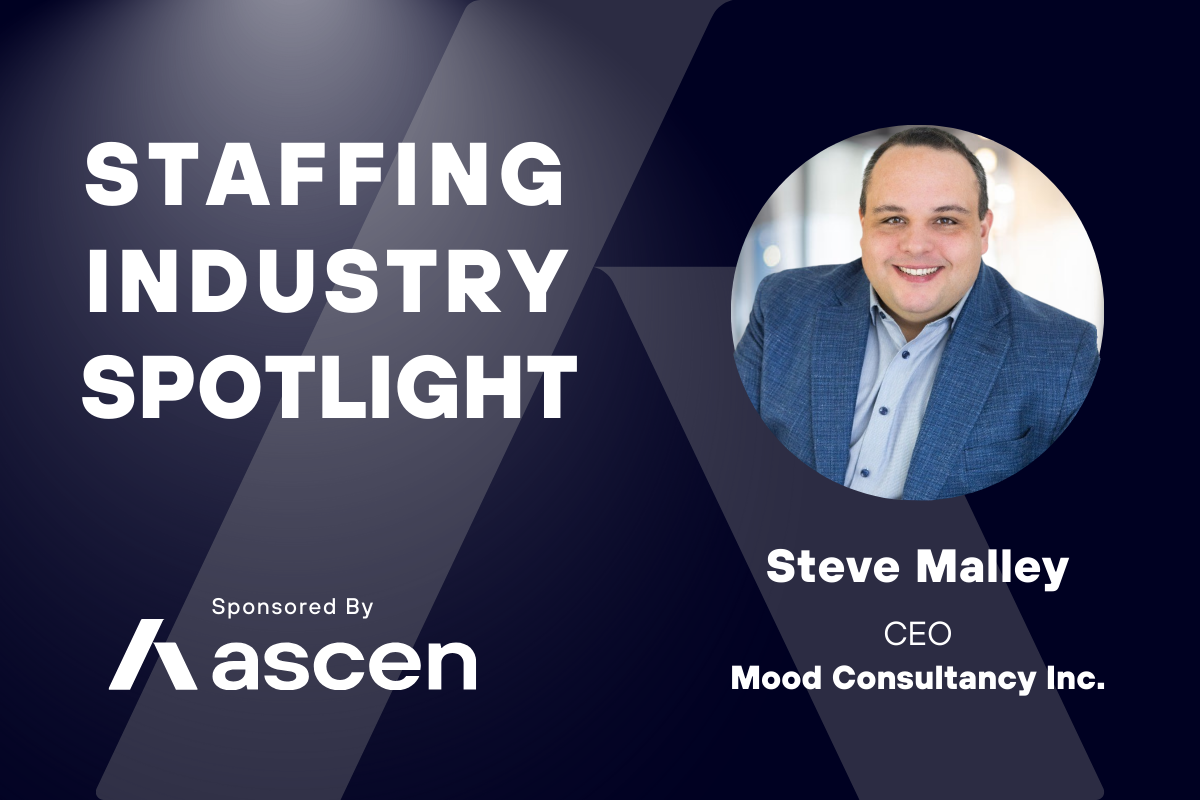How Much Does It Cost to Start a Staffing Agency in the US?

The American staffing industry has enormous revenue potential. The American Staffing Association recently valued the market at $218 billion. According to the ASA, the staffing industry will grow nearly 5% by 2025.
A staffing agency’s average markup can be anywhere from 30% to 70%. Moreover, despite its vast growth potential, starting a staffing industry doesn’t require many qualifications. Only a few states have license requirements for temporary staffing agencies (such as IL). Your agency will thrive if you can sign clients and place suitable candidates.
A staffing agency is an attractive option for anyone with experience in recruitment, especially those with expertise in staffing sales. You will do fine if you can sell to clients and recruit candidates. We've found that the number one skill of our agency customers is sales. Recruitment challenges can be solved with outsourced recruitment, but outsourcing sales is nearly impossible.
However, as with most entrepreneurial ventures, one key question remains: How much does it cost to start? Unfortunately, there is no one answer; your approach will determine much of the costs you’ll have to pay.
The typical costs can vary from a few thousand dollars to over $150,000.
What Costs Do I Need To Consider?
Starting a staffing agency requires several costs, but there are the more obvious ones you may also be familiar with, such as the cost of company formation and registration, office rent or virtual address, software, and insurance.
However, you may not have considered some costs, such as drafting contracts and the capital needed to make those initial placements.
The Cheapest Approach
Starting a staffing agency can be relatively cheap, requiring only a couple of thousand dollars in start-up capital. If you want to operate on the leanest budget possible, you can reduce costs by handling processes yourself.
Taking care of things like payroll processing or contract management means you don’t have to outsource them, which can quickly stack up costs.
By taking care of everything yourself, you’ll need to cover only state registration fees, insurance, office rent or virtual address, and essentials like computers and recruiting software, keeping your budget as low as possible.
At a minimum, you will need some key items:
- Professional and General Liability Insurance ($2000-$5000 depending on your focus)
- Workers' Compensation Insurance (varies on payroll)
- Entity formation and contract drafting (+$1500)
- State Registrations (+$250 per state) plus Registered Agent fees (+$300/year)
- ATS System (+$1000/year)
- Website (+$50/month)
- Virtual Address (+$50/month)
- Background Checks (+$25 per worker)
It is worth noting that things like compliance management and payroll processing can be incredibly complicated. The rules you must follow vary from state to state. So, it’s worth spending additional time ensuring you stay compliant, as fines can quickly increase your costs beyond your initial budget.
The Middle of The Road
The next option is to handle most processes yourself but outsource more technical matters, such as tax compliance and contract management. This can raise costs to anywhere from $10,000 to $40,000.
Some of these additional costs are:
- Accounting and bookkeeping (+$300/month)
- Document Signing and Other Software (+$100/month)
- High-value Recruitment Software such as LinkedIn Recruiter (+$500/month)
- Outsourced Legal for Staffing (+$1000/month)
While this may seem like a leap, having a qualified and expert resource to deal with the complexities inherent in US employment law can help mitigate many headaches in the long term as you expand your operations.
More Costs to Consider
It would be best to consider additional costs for accounting, marketing, payroll, legal, and back-office operations. Depending on who you outsource to, the cost can range from $50,000 to $150,000.
Other significant items to outsource:
- Recruitment channels (job advertising) (+$1000/month)
- Virtual operations assistance, offshore (+$1000/month)
- Marketing to Clients (+$1000/month)
- Payroll and Billing Back Office (+$2000/month)
- Payroll funding (Varies with Payroll)
However, it’s worth noting that you’ll have to deal with various contracts and contingencies within your business operations by outsourcing every process. For example, if you opt for a marketing company, you’ll have to deal with their timelines to get projects started. You can also hire for these roles internally, which substantially increases the costs.
Another commonly overlooked process when starting a staffing agency is the funding needed for staffing agency placements. Since temporary employees typically receive pay weekly and the average invoice payment time can be 30 days +, companies can often find themselves in a difficult position. Your staffing agency must have enough start-up capital or work with a payroll funding company to fund those initial placements and pay your employees.
Employer of Record Model
Instead of worrying about back office and payroll, you can outsource your payroll and back office to an Employer of Record (EOR), like Ascen. The EOR takes care of the payroll and back office costs, funding for payroll, general and professional liability insurance, workers' compensation insurance, contracts drafting and management, state registrations, and onboarding and state-by-state compliance. The key financial benefit of using an EOR like Ascen is that your fees are based on a percentage of payroll, with no fixed costs. In staffing, when you are running payroll, it means you are also billing, so you know you can always cover your back office costs and always cover your payroll.
Ascen
We built Ascen with staffing agencies in mind. We aim to help you automate those time-consuming processes without the high outsourcing costs. Our platform can help automate payroll management and tax compliance and even provide the funding you need to pay staff before your invoices are paid.
See how Ascen can help you with starting a staffing agency here.
Tags
Continue reading






.png)